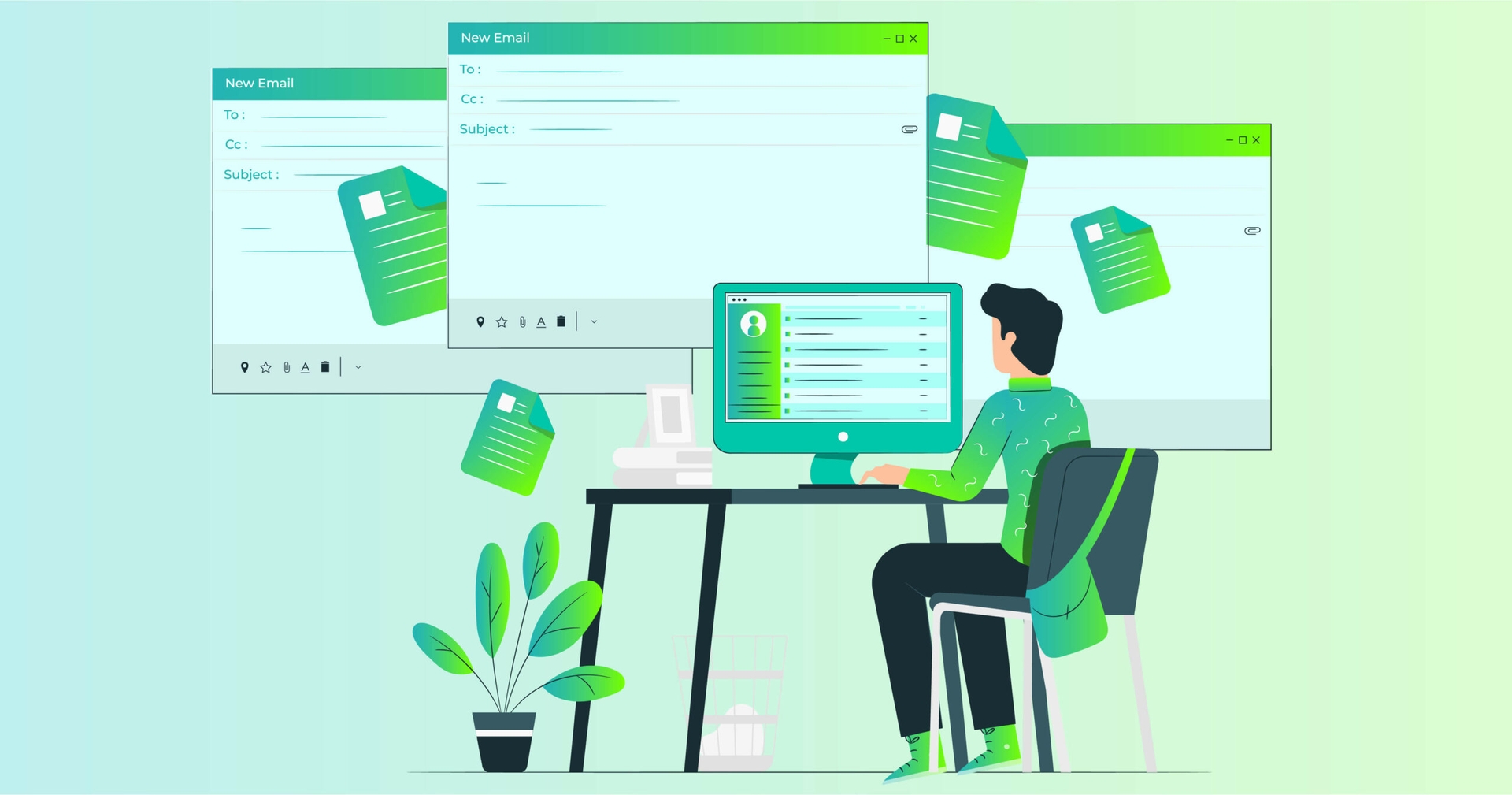Many employers and recruiters conduct phone interviews to quickly decide who moves on to the next recruitment phase – typically an onsite interview. For remote candidates, a phone interview may be the only option. Phone interviews are also ideal for candidates who cannot do video interviews due to limited or no internet access.
Depends on the hiring company, you may have time to prepare for the phone interview in advance. Or you may get a call out of the blue from an employer or recruiter who wants to chat. To increase the odds of leaving a great first impression and moving to the next round, always be ready for the unexpected. Here’s how to do it.
How to prepare for a phone interview
1. Get all the details ready
To prepare for a phone interview in advance, make sure you have the following details:
- Day and time of the interview
- Name and title of the person you are speaking to
- The number they will call you from
- Any other relevant contact information (i.e. email) if the call drops out
Be sure to clarify these details if you don’t have them already. You’ll be saving both yourself and the interviewer a lot of time and hassle.
2. Research the company and job description
Gather as much information as you can about the hiring company or organization. Visit their official website. Learn about their history, products and services, values and mission statement, success stories, and testimonials. You can also get an idea of their ‘personality’ by checking out their social media pages.
Ask your close family and friends if they have worked for the company before. You may receive honest and upfront insight not found online.
Re-read the original job posting you applied for too. Get up to speed with the tasks, duties, and expectations of the role. Do your skills and qualifications match what the company is after? Does the job posting offer a fixed salary, or is it negotiable? If negotiable, you may need to research the job position to see what the average salary is, and then use that number as a base to work it off.
3. Prepare for commonly asked questions
Every company and position is unique. But there are certain traits and qualities that virtually all employers and recruiters want in a candidate. For this reason, you will likely be asked very similar questions from multiple employers. This is good news, as it means you can prepare for these questions in advance. Of course, you’ll need to slightly tweak each answer to fit the employer’s requirements.
Here are some of the most common interview questions:
- Tell me a bit about yourself: A common opener. Provide a basic summary of your professional skills, experience, and achievements. Feel free to touch on your personality as well. But keep the focus on explaining why you are the right person for the job.
- What made you want to apply for this job? Explain your motivation for applying for the job. Go into details about what excites you about the company, the position, and the company vision itself. If relevant, you can touch on how the company values and morals align with your own.
- Where do you see yourself in five years? Think about where you want to be in five years’ time. Talk about how the position in question will help you learn new skills, improve upon your existing skills, and open up new career opportunities in the future. However, avoid talking about the company as a ‘stepping stone to better things.’ The interviewer may see you as someone who’ll jump ship the moment a better opportunity turns up.
Other common interview questions include:
- Why did you leave your previous role?
- What are your strengths and weaknesses?
- How much would you like to be paid for this position?
- What can you bring to this role?
- What do you consider to be one of your biggest accomplishments?
4. Practice reciting the answers in front of a mirror
Not everyone has strong phone communication skills. Without seeing someone’s face, you have to rely solely on your voice to express yourself. But how do you project your voice in a clear, enthusiastic, and natural way?
One way is to practice reciting your answers to common questions in front of a mirror. Take slow, deep breaths, and speak in a calm yet persuasive manner. You may need a few practice takes to get it right. Over time, though, your delivery will improve, and you’ll be able to maintain your composure during the real interview.
5. Gather your equipment
Be sure to have the following items in hand:
- Phone charger
- Notepad and pen
- Headphones (wearing headphones will help you block out any potential noise around you)
- Cheat sheets (answers to interview questions, information about the company, and the job description)
6. Pick a nice quiet place
For phone interviews at home, try to have the conversation away from family, housemates, and pets. Maybe try your bedroom or an unoccupied living space (as long as you know the space will be unoccupied for a while).
If you’re at work, book a quiet conference room in advance. Or head down to a quiet café during your lunch break.
During the phone interview
7. Introduce yourself
When you answer the phone, clearly state who you are. For example, you could say, “Hello, this is (insert name). Thank you for calling, it’s great to finally talk to you.” This way, the interviewer will know for certain they have the right person, and they can proceed with the interview.
8. Speak in a clear and calm manner
Remember to maintain the same slow, calm, and persuasive manner you practiced earlier. And always wait for the interviewer to finish talking before you do.
If necessary, take a deep breath before you answer each question. Even if it means a slight pause of 1 to 2 seconds. You want to give your answers in a way that the interview can understand easily. If the interviewer has to ask you to repeat yourself, you’re costing them time and patience.
9. Smile
Smiling is an effective way to add warmth, friendliness, and enthusiasm to the tone of your voice. How? When you smile, it raises the soft palate at the back of your mouth, causing the soundwaves to move more fluidly. As a result, your voice will sound more expressive and friendly as opposed to not smiling, making you come across as more approachable over the phone.
10. Refer to your notes when answering questions
Make sure you have cheat sheets by your side and the notes are easy to read. Use them as a reference when you answer questions that you have prepared for. If the interviewer gives you any information that you don’t already have, jot it down with a pen.
After the interview
11. Send a thank you follow-up message
After the call, send the interviewer a quick thank you note. Thank them for taking the time to talk to you, cover some of the basic talking points you touched upon, and reiterate how excited you are for the position. Keep it short and sweet too.
Why should you do this? Firstly, it’s estimated that only 1 in 20 candidates send a follow-up message. Considering that employers and recruiters often interview tens if not hundreds of people, doing this will help you stand out. Secondly, you have a better chance of staying “top of mind” in the interviewer’s head. And finally, it’s just a plain kind and generous gesture to do.
Master these phone interview skills, and you’re bound to increase the odds of securing your dream job!
Alternatively, if you’re looking to recruit highly skilled and qualified candidates, visit the bravoTALENT Recruiter section today.









